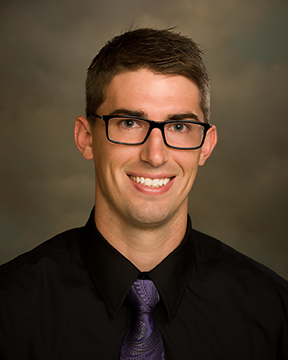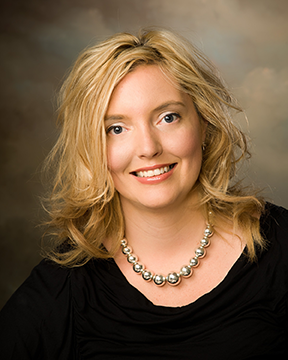 The highly contagious Delta variant has brought a significant new wave of COVID-19 cases in Indiana, causing hospitalizations to rise as high as 2,326 in September. This is creating further strain on our frontline heroes who have battled valiantly throughout the pandemic. Serious staffing shortages persist throughout the national health care system, and Indiana hospitals are taking steps to manage the needs of all patients. In order to preserve capacity for those in need, IHA-member facilities are using evidence-based criteria to prioritize and, when necessary, reschedule non-emergent procedures.
The highly contagious Delta variant has brought a significant new wave of COVID-19 cases in Indiana, causing hospitalizations to rise as high as 2,326 in September. This is creating further strain on our frontline heroes who have battled valiantly throughout the pandemic. Serious staffing shortages persist throughout the national health care system, and Indiana hospitals are taking steps to manage the needs of all patients. In order to preserve capacity for those in need, IHA-member facilities are using evidence-based criteria to prioritize and, when necessary, reschedule non-emergent procedures.Reid Health's Misti Foust-Cofield, Vice President and Chief Nursing Officer, and Jared Dunlap, Director of Inpatient Nursing Services, face workforce challenges daily.
“We were quickly seeing an increase in need for ICU beds and ICU nurses," Dunlap said. “It became evident how aggressive this strain is, as more and more 20- to 40-year-olds were placed on ventilators and dying from this variant."
Decisions had to be made quickly when triaging patients. Foust-Cofield said surgeons were working around the clock to treat community members in pain, without further straining the overflowed emergency room. However, not all hospitals were able to keep their non-emergent surgeries scheduled. Many hospitals were so overwhelmed with COVID-19 patients, there was no choice but to push surgeries back to treat those in critical care.

To address nursing shortages, Dunlap said it was crucial to bring back former ICU nurses who had moved into other roles. ICU nurses are highly trained positions, and the hospital was already facing a shortage of nurses to care for COVID-19 patients. Overflow areas were quickly opened, and every clinical staff member across the system received abbreviated training to fill in the gaps.
Foust-Cofield and Dunlap acknowledged every hospital is currently struggling with nurse shortages, ICU bed shortages, and overall exhaustion. However, both said working for a rural hospital in a small community, and knowing some of the patients, has made the struggle even tougher than expected.
“These are members of our community, neighbors, family members, and loved ones we are treating and watching pass away right before our eyes," Foust-Cofield said. “We need our community to get vaccinated in order to save lives."
Both Dunlap and Foust-Cofield agreed there is a silver lining that came from the surge of this pandemic, and it came in the form of recognition. Recognizing burnout and mental exhaustion became crucial. Code Lavender, a system in place at Reid, calls for increased communication and the treatment of emotional and mental fatigue. Reid staff has 24/7 direct access to a therapist, while also having access to open support groups with massage therapy and relaxation methods.
“Code Lavender is vital for the health of our staff," Dunlap said. “We have to look out for one another as this pandemic has taken a toll on everyone. We were rarely using this code before, but COVID-19 has changed that forever."
The vast majority of hospitalizations related to COVID-19 are unvaccinated patients. According to State officials, only 1.35% of breakthrough cases are from fully vaccinated individuals, with .027% being hospitalized.

Brian Tabor, president of the Indiana Hospital Association, says the best way to help caregivers at your local hospital is to get vaccinated to help stop the spread of the virus.
“Hoosiers should feel confident that Indiana's hospitals are managing through the current situation by collaborating with one another and the State of Indiana," Tabor said. “However, should the current trends continue, everyone in need of health care could be impacted. We can avoid this easily—please get vaccinated today and encourage your loved ones to do the same. Not only will it dramatically reduce your own risk of serious illness, but you will be far less likely to take a hospital bed away from a family member, friend, or neighbor."
